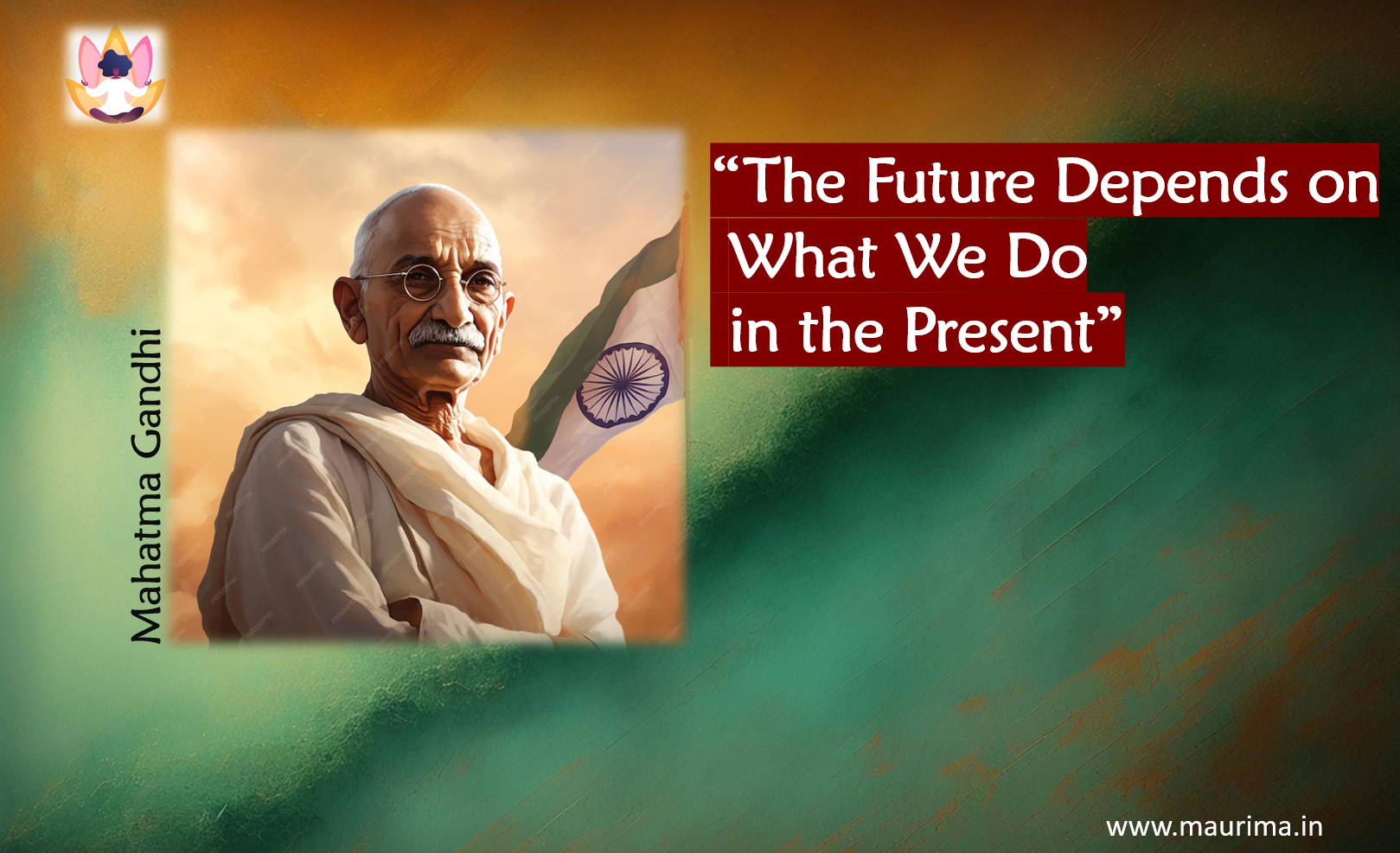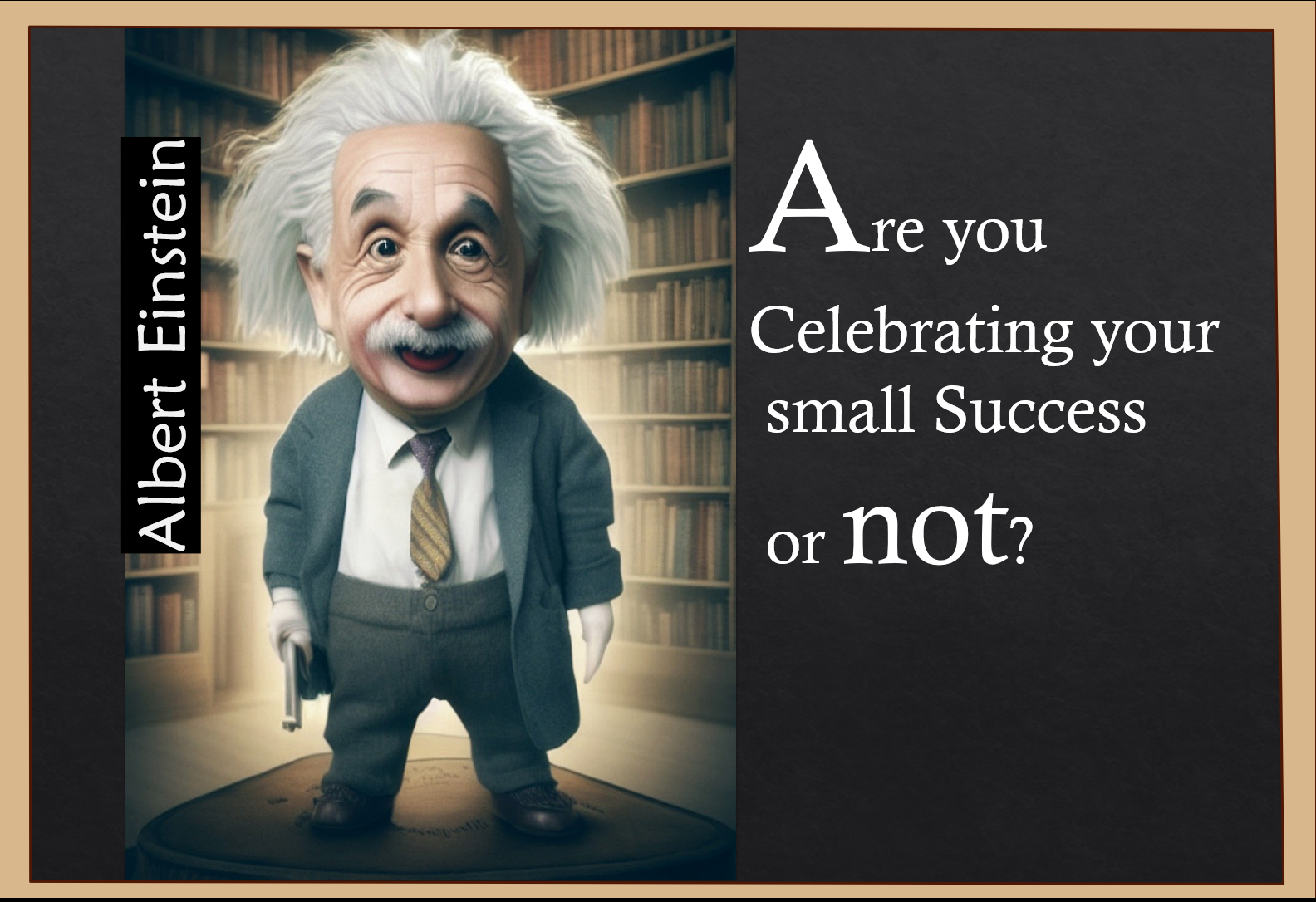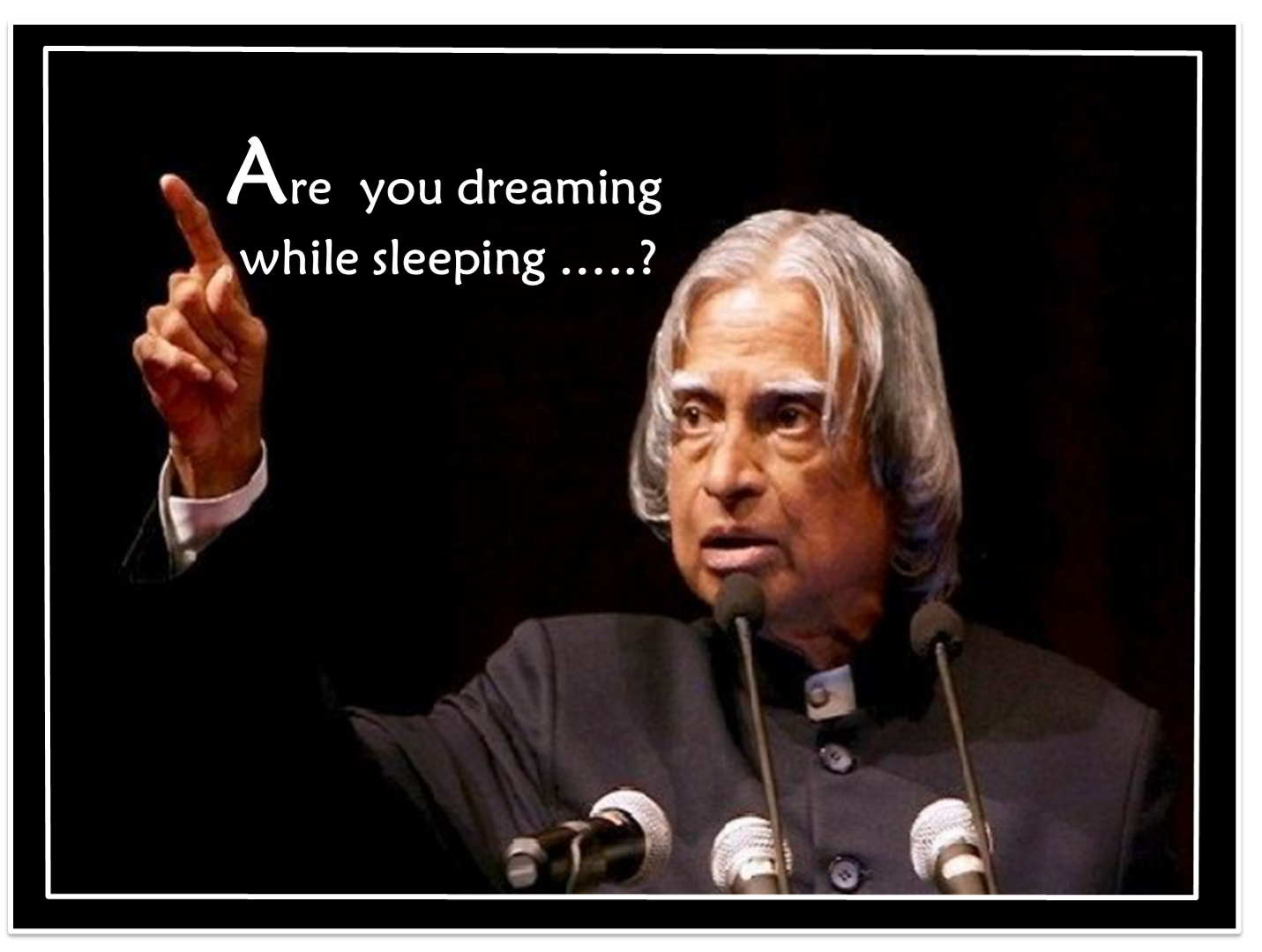Mohandas Karamchand Gandhijis, lovingly referred to as Mahatma Gandhi, was not just a name or a person but an idea. An idea that has transcended time and space, inspiring generations and leaving an indelible mark on the pages of history. we’ll delve into the life, principles, and enduring legacy of Gandhi, exploring the profound truth encapsulated in the title, “The Future Depends on What We Do in the Present.”
The Early Life of a Gandhi
Gandhi was born on October 2, 1869, in Porbandar, India. His early life was ordinary, but little did anyone know that this unassuming boy would grow up to become the guiding light of a nation. His formative years, education, and early experiences played a crucial role in shaping the man he would become.
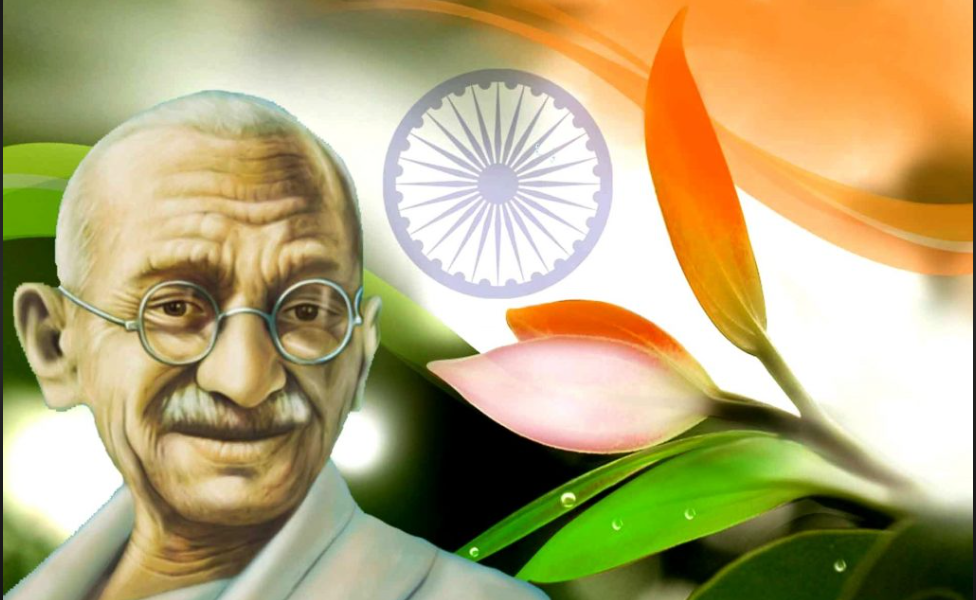
The Making of a Visionary
Gandhi’s sojourn to South Africa in 1893 marked a turning point in his life. It was there that he encountered racial discrimination and injustice, igniting the flame of resistance within him. He would go on to develop the principles of satyagraha (non-violent resistance) and civil disobedience that would become the cornerstone of his activism.
The Struggle for Independence
Returning to India in 1915, Gandhi plunged into the struggle for independence from British colonial rule. His leadership in movements such as the Non-Cooperation Movement, Civil Disobedience Movement, and Quit India Movement galvanized the masses. His approach was simple but powerful – truth and non-violence.
“The Future Depends on What We Do in the Present”
This phrase by Gandhi encapsulates the core of his philosophy. He believed that the actions of today shape the destiny of tomorrow. Every act of resistance, every protest, and every effort to bring about change had a profound impact on the future of India.
Gandhi’s life was a testament to his own words. His relentless pursuit of truth and non-violence as the means to achieve freedom for India was a radical departure from the prevailing notions of resistance. He did not wait for the ‘right time’ to act; he believed the right time was always ‘now’.
The Salt March and Beyond
One of the most iconic moments in Gandhi’s journey was the Salt March of 1930. This non-violent protest against the British salt monopoly spanned over 240 miles and inspired the nation. It wasn’t just about salt; it was about the power of collective action in the present shaping the future of a nation.
Legacy of Non-Violence
Gandhi’s philosophy of non-violence didn’t just end with India’s independence in 1947. It became a guiding light for civil rights movements around the world. Figures like Martin Luther King Jr. and Nelson Mandela were deeply influenced by Gandhi’s principles, applying them in their own quests for justice.
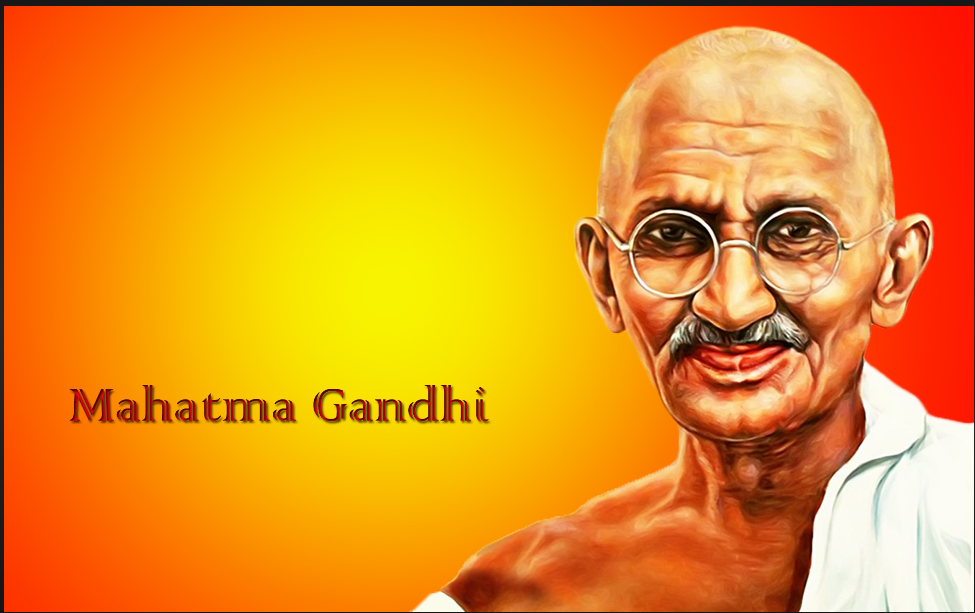
The Power of Simplicity
Gandhi’s personal life was a reflection of his ideals. He lived a simple life, wore simple clothes, and practiced what he preached. His philosophy extended beyond politics; it was a way of life. He believed that true change begins with oneself, and his personal example was as powerful as his public activism.
Challenges and Criticisms
Gandhi was not without his critics. Some questioned his methods, while others found his vision of a post-independence India too idealistic. He had to navigate through the complexities of a diverse nation, making tough decisions and facing challenges along the way.
Assassination and Immortality
On January 30, 1948, the world lost Mahatma Gandhi to an assassin’s bullet. However, his ideas, his message, and his unwavering commitment to truth and non-violence continue to inspire and guide people worldwide.
Gandhi in the Modern World
As we navigate the complexities of the 21st century, Gandhi’s principles are as relevant as ever. The issues may have evolved, but the core idea that “the future depends on what we do in the present” remains timeless. In a world grappling with environmental crises, social injustices, and political upheaval, Gandhi’s message of taking responsibility for our actions and making a difference is a beacon of hope.
Conclusion: A Legacy of Hope
Gandhi’s life and teachings are a testament to the power of an individual to effect change in the world. His message of non-violence, truth, and the importance of acting in the present moment serves as a reminder that each of us holds the key to a better future.
Gandhi’s words and actions inspire us to take charge of the present and, in doing so, shape a brighter tomorrow for all. In a world often overshadowed by despair, his legacy is a beacon of hope, reminding us that the future truly depends on what we do in the present.
In a world where chaos and uncertainty often reign, Mahatma Gandhi’s timeless wisdom continues to illuminate the path towards a better future. His life, principles, and unwavering commitment to truth and non-violence remain an enduring source of inspiration for humanity. As we reflect on his journey and message, we find the profound truth encapsulated in the title, “The Future Depends on What We Do in the Present.”
